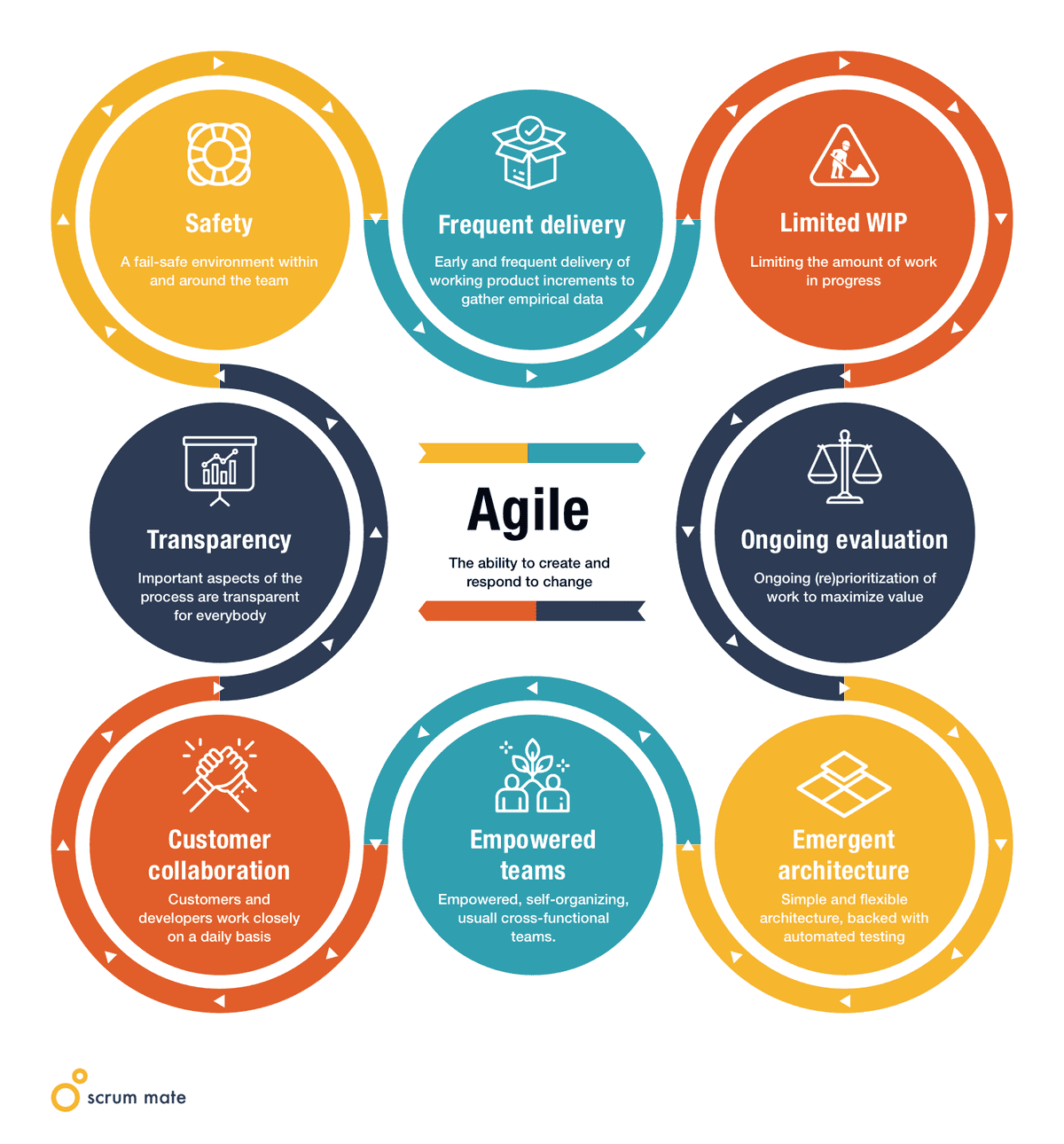Unlocking Success: Building an Agile Team
Building an agile team is essential for success in business management. In today’s fast-paced and ever-changing business environment, adaptability is key. An agile team is able to respond quickly to changing market conditions, customer needs, and internal challenges. By building a team that is agile, you can ensure that your business stays ahead of the competition and continues to thrive.
One key aspect of building an agile team is fostering a culture of collaboration and communication. Team members need to feel comfortable sharing ideas, giving feedback, and working together towards a common goal. By creating an environment where open communication is encouraged, you can ensure that your team is able to adapt and respond to challenges effectively.
Another important factor in building an agile team is ensuring that team members have the right skills and tools to succeed. This may involve providing training opportunities, investing in new technology, or hiring individuals with specific expertise. By equipping your team with the necessary resources, you can empower them to take on new challenges and drive innovation within your organization.
In addition to fostering a culture of collaboration and providing the right resources, it is also important to empower your team members to make decisions autonomously. By giving team members the freedom to make decisions and take risks, you can foster creativity and innovation within your team. This can lead to new ideas, improved processes, and ultimately, greater success for your business.

Image Source: cloudfront.net
Building an agile team also involves creating a sense of ownership and accountability among team members. When team members feel a sense of ownership over their work and are held accountable for their actions, they are more likely to take initiative and drive results. By creating a culture of ownership and accountability, you can ensure that your team is motivated to succeed and deliver high-quality work.
Finally, building an agile team requires continuous evaluation and adaptation. As market conditions change and new challenges arise, it is important to regularly assess your team’s performance and make adjustments as needed. By continuously evaluating and adapting your team, you can ensure that they remain agile and are able to respond effectively to whatever comes their way.
In conclusion, building an agile team is essential for success in business management. By fostering a culture of collaboration, providing the right resources, empowering team members to make decisions autonomously, creating a sense of ownership and accountability, and continuously evaluating and adapting, you can ensure that your team is able to thrive in today’s fast-paced business environment. With an agile team by your side, you can unlock success and take your business to new heights.
Mastering Business Management with Key Strategies
Building an agile team is crucial for the success of any business. In today’s fast-paced and ever-changing business environment, it is essential to have a team that can adapt quickly to new challenges and opportunities. Mastering business management with key strategies is one of the main keys to building a successful agile team.
One of the key strategies in mastering business management is effective communication. Communication is the foundation of a successful team. In order to build an agile team, team members must be able to communicate effectively with each other, share ideas, and collaborate on projects. This can be achieved through regular team meetings, open door policies, and the use of communication tools such as email, messaging apps, and project management software.
Another key strategy in mastering business management is setting clear goals and objectives. Without clear goals, team members will not know what they are working towards and may become disengaged. By setting clear goals and objectives, team members will have a sense of direction and purpose, leading to increased motivation and productivity.
In addition to setting clear goals, it is important to provide regular feedback and recognition to team members. Feedback helps team members understand what they are doing well and what areas they can improve upon. Recognition is also important in boosting morale and motivating team members to continue working towards their goals.
Furthermore, mastering business management involves fostering a culture of collaboration and teamwork. A successful agile team is one that works together towards a common goal, rather than working in silos. By fostering a culture of collaboration, team members will be more likely to share ideas, help each other out, and work towards a common goal.
Another key strategy in mastering business management is promoting innovation and creativity within the team. In order to stay ahead of the competition, businesses must constantly innovate and come up with new ideas. By promoting innovation and creativity within the team, businesses can stay ahead of the curve and remain competitive in the market.
Moreover, mastering business management involves creating a supportive and inclusive work environment. Team members should feel comfortable sharing their thoughts and ideas without fear of judgment or reprisal. By creating a supportive work environment, businesses can foster creativity, collaboration, and innovation within their teams.
In conclusion, mastering business management with key strategies is essential for building an agile team. By focusing on effective communication, setting clear goals, providing feedback and recognition, fostering a culture of collaboration, promoting innovation and creativity, and creating a supportive work environment, businesses can build a successful agile team that is able to adapt quickly to new challenges and opportunities.
Building an Agile Team: Principles for Success in Business Management